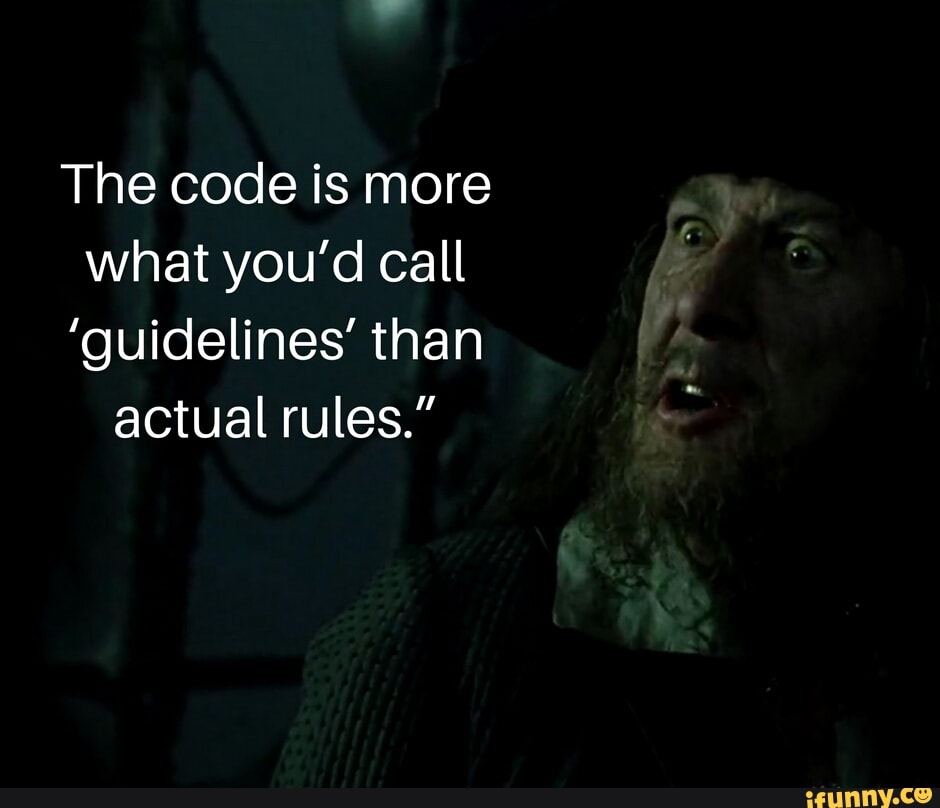Yes. In fact, in the US, it can be a crime for a doctor to aid someone in distress, if that person is a pregnant woman and helping them might harm the baby they are carrying.

Fetus*
https://www.propublica.org/article/josseli-barnica-death-miscarriage-texas-abortion-ban
I’m just going to leave this here.
In some states
OOF
Yes, many. In most cases a trained doctor has a moral, and maybe contractual, responsibility to help some one, not a legal one. There is no law that says ‘you are trained doctor, you have to help fix this broken leg’. Now if you egregiously refuse the various medical licensing authorities might take a dim view and you might loose your license to practice, but that’s not the same as breaking the law
Except, it seems, in Brazil. You learn something new every day
I wasn’t thinking about it in this way, but that makes sense. When I was a teenager I was going to a dermatologist for acne treatment. When I started college for whatever reason I wound up with appointments on Mondays a few times. This was probably around 2005 and while computerized calendars were a thing, mobile calendars were not widespread except with PDAs like Palm Pilot and I wasn’t using them, nor did I use a paper calendar to organize my schedule. In retrospect this was a bad idea with my then-undiagnosed ADHD. Anyway, the doctor’s office had this helpful automated phone reminder system that would call you the day before your appointment so if you needed to cancel/reschedule you could do it enough in advance that there wasn’t a penalty for late cancellation. The only problem was it didn’t take into account the weekends, so if your appointment was on a Monday it would call you on Sunday and if you canceled no one from the office would know until Monday morning and you’d get hit with a late cancellation fee. I think I actually did that 3 times and they sent me a letter saying they were dropping me as a patient. I felt that was unfair because their system should’ve been smart enough to call on Friday, but also I wasn’t really doing the prescribed acne treatments much at that point and I think I was getting old enough it kind of went away on its own around then anyways, so I didn’t mind not paying for the visits and medicine anymore. I’m still annoyed as an adult in my 40s, though, because I think that practice is supposed to have some of the better doctors in the area for skin cancer and I’m not sure if they’d still remember and not let me come if I ever needed treatment or screening for that.
Lose*
deleted by creator
[Warning: I’m no lawyer, nor doctor] It depends on the country. At least in Brazil this wouldn’t roll:
- Article 135 of the Penal Code - demands you to render aid to people under grave danger, as long as it won’t incur in risk for you. That applies to everyone, not just doctors, but if you’re a doctor it becomes really hard to explain why you didn’t render aid.
- Article 33 of the Medical Ethics Code - forces the doctor to render aid to someone seeking urgent or emergent professional care, when there’s no other doctor in a position to do so. Note that failure to follow ethics codes can make a professional unable to exert their profession legally.
In the US, doctors are obligated to treat patients in immediate need of care (in a professional setting - an emergency department, for example - not just walking down a street.) They can’t discriminate against patients for non-clinically relevant reasons (race, gender identity, etc.) They CAN refuse care if they lack specific skills or the patient is “abusive.”
HOWEVER, these are ethical obligations (I pulled that info from the American Medical Association’s Code of Medical Ethics.)
You asked about legal obligations.
I am not well versed in doctors’ legal duty of care - laws are not consistent across national and local jurisdictions.
You also used the word “aid” so I am approaching it from an emergency context.
In a professional setting, there are limited reasons a medical professional could refuse emergency care where the immediate outcome is death. Perhaps someone with more legal expertise could direct you - I’m only familiar with ethical constraints.
The street sort of counts too. Licensing requires them to stop for accidents, etc
The obligation to treat patients who are in need in an emergency setting IS a legal obligation in the US. If a patient is refused treatment at an emergency room, both the doctor and hospital can get gigantic fines. I don’t remember the max off hand, but it’s somewhere along the lines of $50,000 and $1.5 million, respectively. The law in question is EMTALA, or the emergency medical treatment and active labor act. A patient must receive stabilizing treatment, or be stabilized to the best of the hospital’s ability and transferred to appropriate care.
At our GP surgery, there are a couple of doctors who won’t consult on birth control matters for religious reasons.
There’s just a sign at the reception saying that if you need to discuss birth control, please let the receptionist know and they’ll be sure to assign a different doctor.
EMTALA is likely the law you’re referring to which says if a patient shows up on a hospital campus with a medical emergency, staff must stabilize that patient before discharging unless the patient refuses medical care and goes AMA.
In a disaster situation they have to decide who does or doesn’t get treatment:
probably, but the specifics depend in wäre in the world you are.
Do no harm
 That might vary by jurisdiction though I guess.
That might vary by jurisdiction though I guess.I feel like it would be trivial to use that obligation to satisfy your medico-legal ethics, thats an actual basis, whether it holds up is probably super fact-dependant
I mean… The oath is usually taken at medical school not during medical licensing.There is also more to the oath than just that line, and there are different versions of the oath because the original is pretty antiquated. Some schools use a different oath entirely. What do you do if a doctor went to school in a different jurisdiction? Do you hold them to an oath that they did not take? And what is ‘harm’ anyway? Is assisted suicide harm? Is abortion harm? Is denying a patient a life-saving abortion harm? Is recussitating someone to a state in which they wish they had instead died harm?
Except financial harm. Oh and getting people addicted to pain killers. And over prescribing antibiotics. And…
That line is bullshit anyway, otherwise the entire field of surgery wouldn’t exist.





